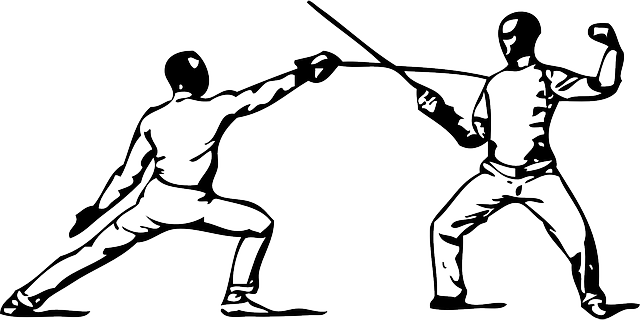Fencing with Piketty
As I sat down to read Thomas Piketty’s bestselling book, Capital in the Twenty-First Century, I must admit I was not well disposed toward the book. Here is a voluminous 700-page tome written by a Frenchman that has garnered scathing reviews from the conservative press and glowing praise from liberal economists. What can you expect … Read more










